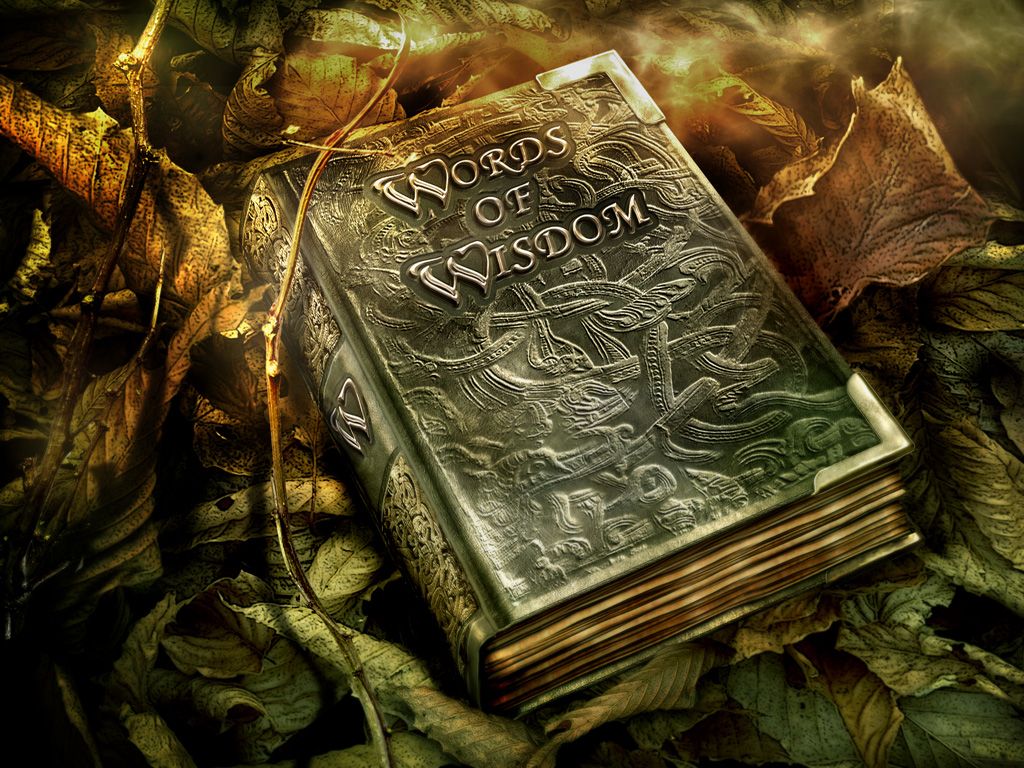
'Bend to the dust that “head unbowed,”'
. .
I read a book in the late 70s by Joe Karbo called "The lazy man's way to riches, in which he spelled out a method by which we may assume the roll of programmer of our own internal computer and in the process, tap the infinite power of the mind and its connectivity to all knowledge through the mysterious 'Internet of Mind'(my term), which effectively allows us to summon almost anything to aid us in our endeavors.
The subconscious never sleep, is master of our individual physiology and actually creates our experience of existence by organizing information provided by electrical impulses it manages through the central nervous system together and the eyes, ears, nose and other sensory apparatus.
It knows the exact time of day and processes a myriad of information constantly, at rates far exceeding man-made processors, at least in terms of complexity. Our greatest minds do not consciously fully comprehend its capacity.
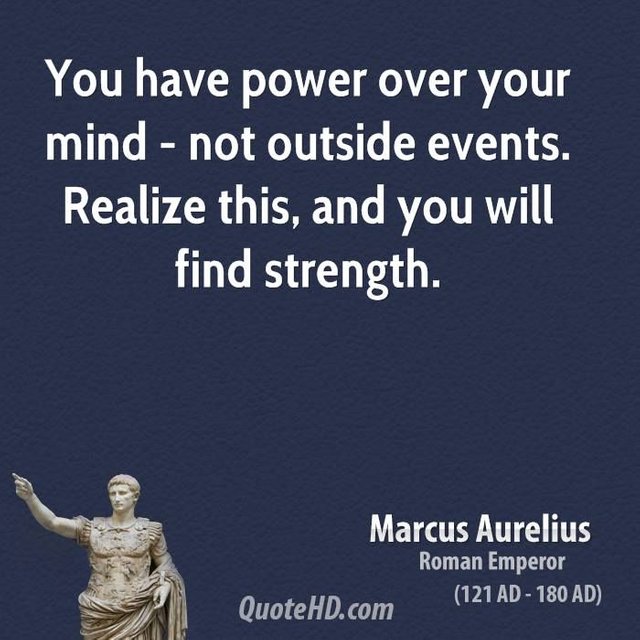
The key feature of the subconscious mind, as observed, is its inability to distinguish between real and fake information provided by the conscious and is therefore open to any indoctrination we choose to provide. Repetition is a powerful tool in this regard and we can decide what we want to believe, structure a set of assertions which, if we repeatedly introduce, will result in complete acceptance of those concepts.
I did not take the steps necessary to effect the desired changes and ascribe this to my lack of conviction, being dissuaded by peer pressure and laziness.
Napoleon Hill, in his book, 'Think and Grow Rich', taught the same principles and added an imaginary meeting, to be held at your our beckoning, which would include all those individuals who inspire us through their teachings, whether they be dead or alive, who sit around a boardroom table to assist us in our endeavors.
As we pose a question or present a proposal, we imagine expect responses from each and take careful note of each contribution and consider theses in our deliberations on the path forward.
Hill claimed that this process would not only inspire us but actually tap the intellect of the individuals, as I recall.
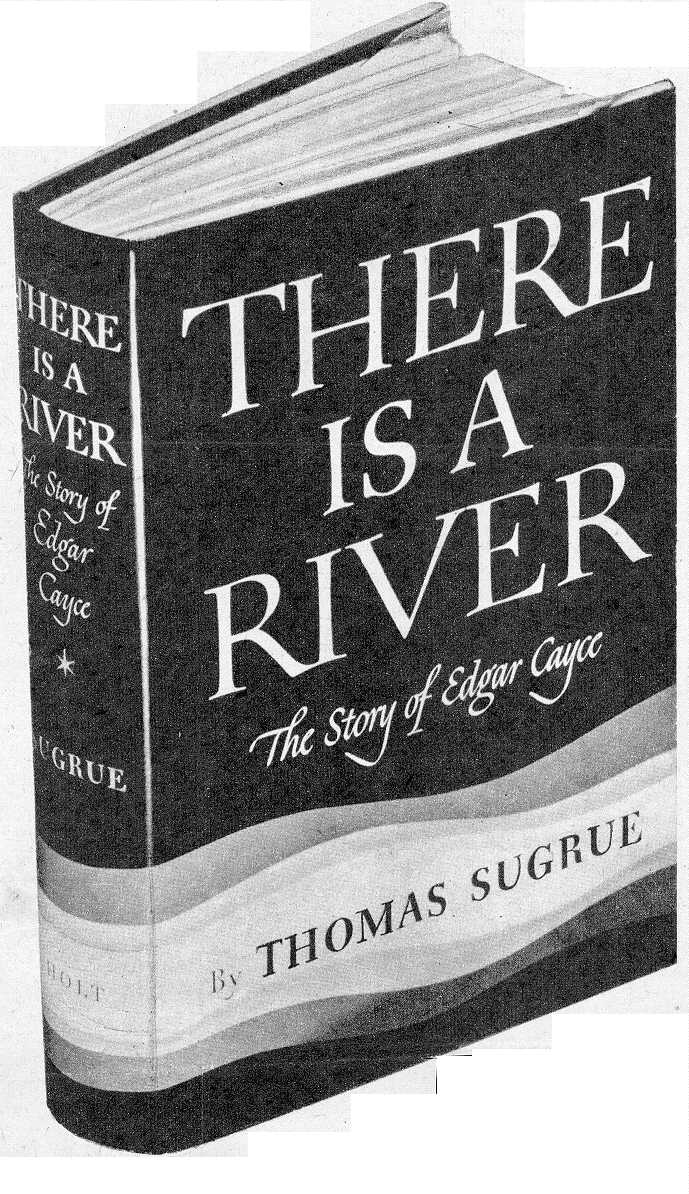
Edgar Cayce, the "American Diagnostic Clairvoyant" described a dynamic information retrieval systems whereby he would, while in trance, tap information about any spiritual entity so long as he knew the location, anywhere on Earth. The evidence for the accuracy of his collection of such information in his striving to provide relief from afflictions suffered by these individuals is overwhelming and to be found carefully uncatalogued in the at the Institute/Association of Research and Enlightenment in Virginia.
There are many such claims about the way the mind connects to the universe at large and the programmable nature of the human mind, made by Og Mandino, John Kehoe Tony Robbins and many others.
Much of the writing on this subject began in the early 1900s with the emergence of the New Age movement and thinkers began to move the emphasis in self improvement from religious sources like the Bible, to intellectual sources like philosophers.
It is clearly evident to anyone who studies both, that virtually all the ideas in propounded in the modern thinking have their origin in the religious sources and are to be found there with a slightly different perspective.
The primary difference is clear in the writing of James Allen in his book As a Man Thinketh, in which he asserts that we are the master of ourselves.
The Poet WIlliam Ernest Henley in his poem Invictus wrote on this theme
Out of the night that covers me,
Black as the Pit from pole to pole,
I thank whatever gods may be
For my unconquerable soul.
In the fell clutch of circumstance
I have not winced nor cried aloud.
Under the bludgeonings of chance
My head is bloody, but unbowed.
Beyond this place of wrath and tears
Looms but the horror of the shade,
And yet the menace of the years
Finds, and shall find me, unafraid.
It matters not how strait the gate,
How charged with punishment the scroll,
I am the master of my fate:
I am the captain of my soul.
and was graced by a response from an Apostle of The church of JESUS CHRIST of latter day saints by the name of Orson F. Whitney
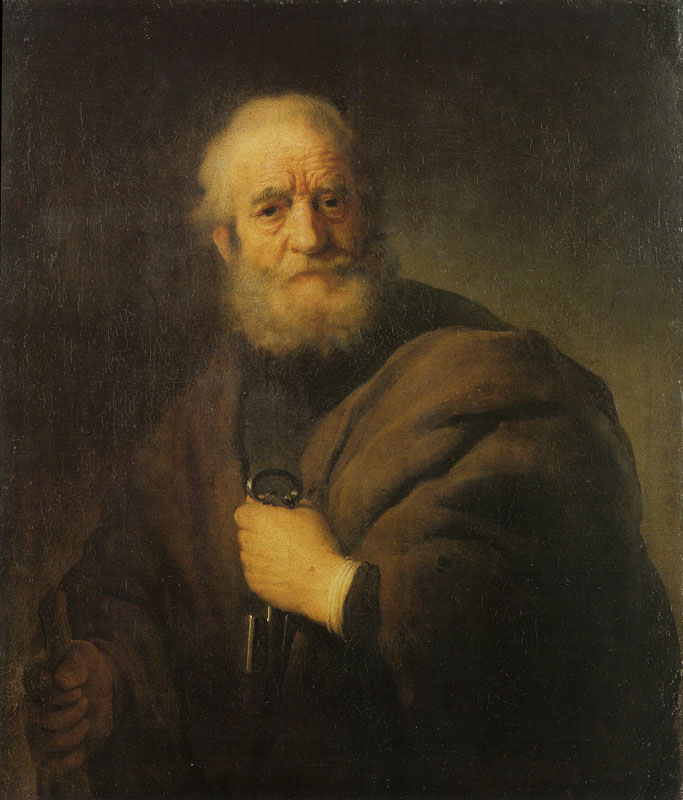
Art thou in truth? Then what of Him
Who bought thee with His blood?
Who plunged into devouring seas
And snatched thee from the flood,
Who bore for all our fallen race
What none but Him could bear–
That God who died that man might live
And endless glory share.
Of what avail thy vaunted strength
Apart from His vast might?
Pray that His light may pierce the gloom
That thou mayest see aright.
Men are as bubbles on the wave,
As leaves upon the tree,
Thou, captain of thy soul! Forsooth,
Who gave that place to thee?
Free will is thine- free agency,
To wield for right or wrong;
But thou must answer unto Him
To whom all souls belong.
Bend to the dust that “head unbowed,”
Small part of life’s great whole,
And see in Him and Him alone,
The captain of thy soul.
I have always been conflicted over these two perspectives, long before reading the poems and have never felt quite comfortable with the methods prescribed by these modern philosophers delineating the path to success and happiness since there is a difference between striving, hoping, believing and praying for things and pretending and convincing yourself that you already have them and thereby attracting all that is required to make it happen, whilst ascribing all success to yourself and in so doing, failing to attribute what is due.
Well I have come to the conclusion that while we are not the captain of our souls, as we stand on the foundation of all that took place before us and that made our existence possible, we do have the privilege of deciding what we will do and become, and therefore we choose our destiny within the framework of our limitations, imposed by the true captain of our soul.
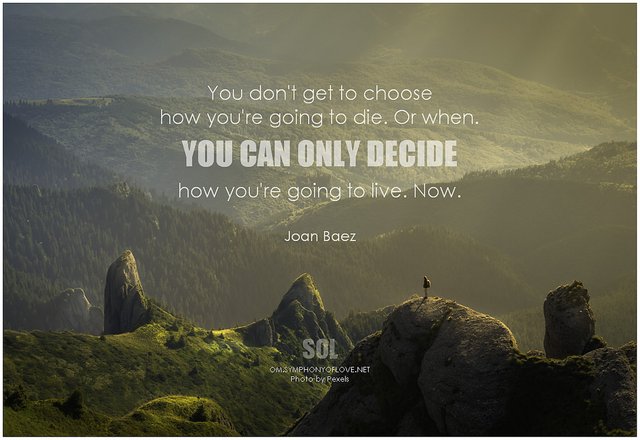
We have been given "Free Agency". We are not really free to choose without consequence, but we are free to choose to think and act and abide the consequences.
Much of Christianity quotes a scripture as "I can do all things through Christ, who strengthens me" while I read the KJV which states "I can do all things through Christ, which strengthen me"
What a difference that one word makes. "Who" in this context implies that Christ will strengthen and enable us to do whatever we will, while "which" implies that whatever we choose, if it be the will of The Father, for Christ is in perfect accord with The Father, then we are able to do it. If it will strength us, or be for our ultimate good, then we may be empowered to do it. "Not every one that saith unto me, Lord, Lord, shall enter into the kingdom of heaven; but he that doeth the will of my Father which is in heaven."
On reflection I find that the instruction of the Lord is that we should see our neighbor not as the acorn but the oak and that naturally applies to ourselves as well. This means that that idea of imagining we already have what we are aiming for is of authentic origin and therefore legitimate.
For anyone who has found a similar conflict in considering the ideologies of our modern motivators, I hope this may be of value and help keep focussed on the things which will ultimately strengthen us.

Attribution : There is a River (Edgar Cayce) , Think and Grow Rich (Napoleon Hill) , The Lazy Man's Way to Riches (Joe Karbo), The Holy Bible (KJV) , Google Images(Labelled for reuse) , Other attribution - inline links.
"We choose our destiny within the framework of our limitations, imposed by the true captain of our soul." - Brilliant!
Downvoting a post can decrease pending rewards and make it less visible. Common reasons:
Submit
Succinctly put :) To think I went through all that when I could have just said that :)
Downvoting a post can decrease pending rewards and make it less visible. Common reasons:
Submit
Some of those quotes are profound, but the 2 poems are what made this post worthwhile reading!!
We as men want to be in control of our universes, and for the most part we are, but the truth is what we attain alone is minuscule when compared to what we achieve when willing to follow the God of all....that is when we truly bloom into our full potential.
Downvoting a post can decrease pending rewards and make it less visible. Common reasons:
Submit
Nice contribution, thank you :)
Downvoting a post can decrease pending rewards and make it less visible. Common reasons:
Submit
This Post of yours ,is truly thought provoking , and is an excellent reminder of what is truly important! I enjoy Poetry , but these certainly contain a healthy dose of Truth.
Downvoting a post can decrease pending rewards and make it less visible. Common reasons:
Submit
Many thanks :) Its really nice to receive such praise when you know its not just a buttering up.
Downvoting a post can decrease pending rewards and make it less visible. Common reasons:
Submit
I would only be buttering you up if I was a Cannibal!
Downvoting a post can decrease pending rewards and make it less visible. Common reasons:
Submit
as usual profound thinking, thanks for some great insights.
Downvoting a post can decrease pending rewards and make it less visible. Common reasons:
Submit
And thank you for reading and responding :)
Downvoting a post can decrease pending rewards and make it less visible. Common reasons:
Submit
well said dear @fred703.i appreciated
Downvoting a post can decrease pending rewards and make it less visible. Common reasons:
Submit
thank you for your sharing.
A newcomer from China @chineseman
感谢你的分享。
一个来自中国的新手@chineseman
Downvoting a post can decrease pending rewards and make it less visible. Common reasons:
Submit
brother your post wonderful really
Downvoting a post can decrease pending rewards and make it less visible. Common reasons:
Submit